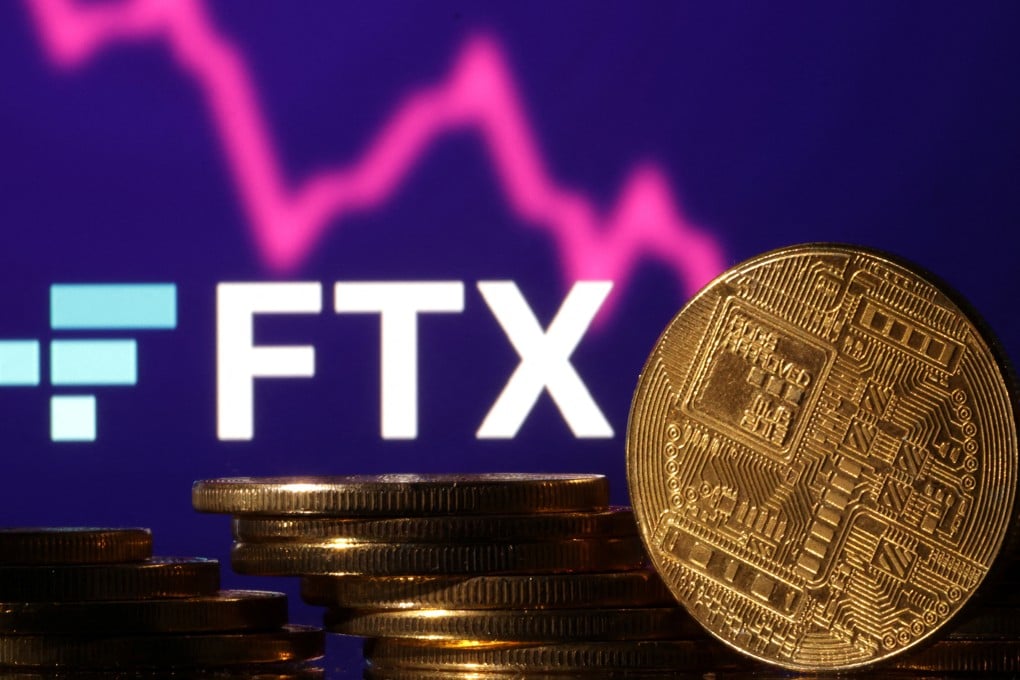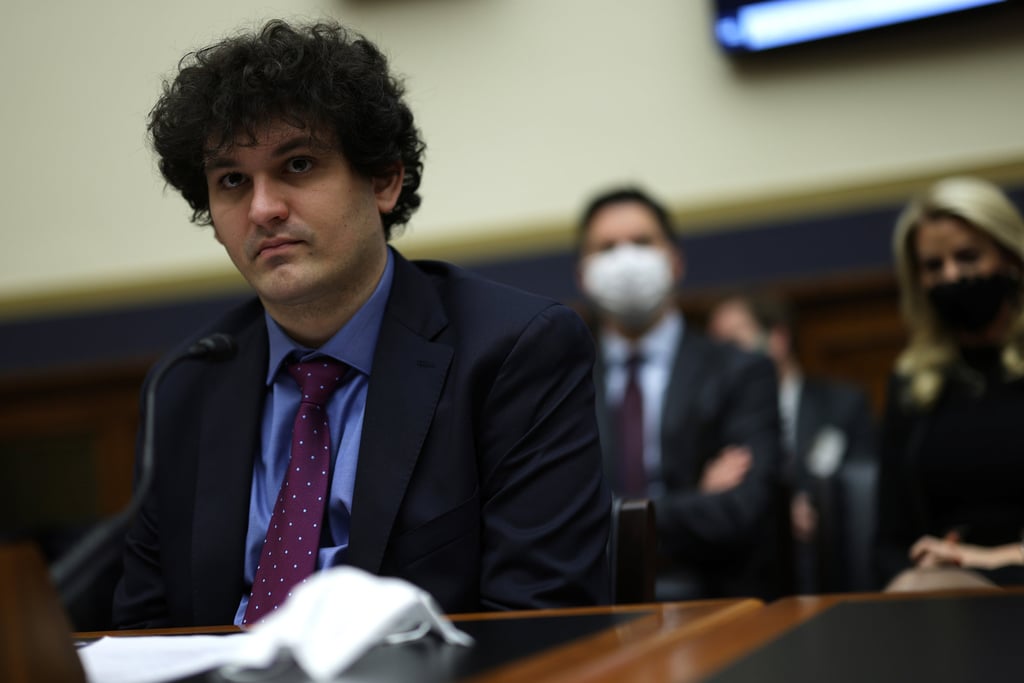Advertisement
Hong Kong braces for fallout from struggles of distressed crypto exchange FTX as investor confidence on digital assets rocked
- The collapse of cryptocurrency exchange FTX offers a cautionary tale for Hong Kong’s ambition to build a digital-assets industry
- The spectacular meltdown of FTX is ‘spilling over into the broader crypto market’, Everest Venture Group co-founder Jerome Wong says
Reading Time:4 minutes
Why you can trust SCMP
2

The sudden collapse of cryptocurrency exchange FTX, which moved its headquarters from Hong Kong to The Bahamas last year, offers a cautionary tale for the city’s ambition to build a digital-assets industry, according to investors and analysts, as markets around the world braced for the fallout from the company’s troubles.
While FTX founder and chief executive Sam Bankman-Fried makes a last-ditch effort to raise funds and save the exchange from going bust, his company’s spectacular meltdown has already shaken investors’ confidence in the crypto market.
“The liquidity crisis of FTX is spilling over into the broader crypto market,” said Jerome Wong, co-founder of Hong Kong-based blockchain venture studio Everest Ventures Group. “While FTX is known for its regulator-friendly approach, this incident has led to the loss of user confidence and increased regulatory scrutiny on centralised exchanges.”
Advertisement
The US Securities and Exchange Commission has already started investigating FTX for potential violations of securities rules, while the Securities Commission of The Bahamas on Thursday froze the assets of an FTX subsidiary, FTX Digital Markets. Japan’s government has also ordered the local subsidiary of FTX to suspend some of its operations.

FTX started its downward spiral on Monday this week when clients overwhelmed the exchange with withdrawal requests, a day after Binance Holdings chief executive Zhao “CZ” Changpeng took to Twitter to announce plans to sell his company’s roughly US$530 million holding of FTT, the native token of FTX.
Advertisement
Advertisement
Select Voice
Choose your listening speed
Get through articles 2x faster
1.25x
250 WPM
Slow
Average
Fast
1.25x